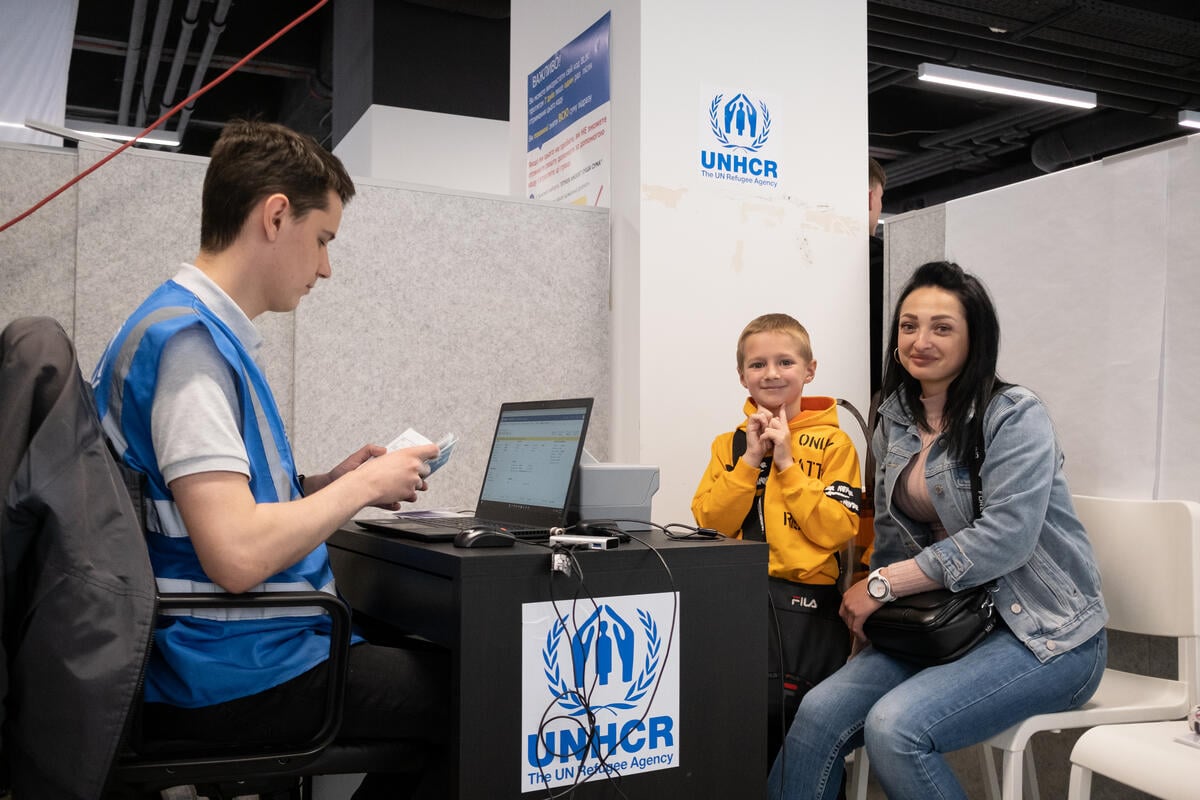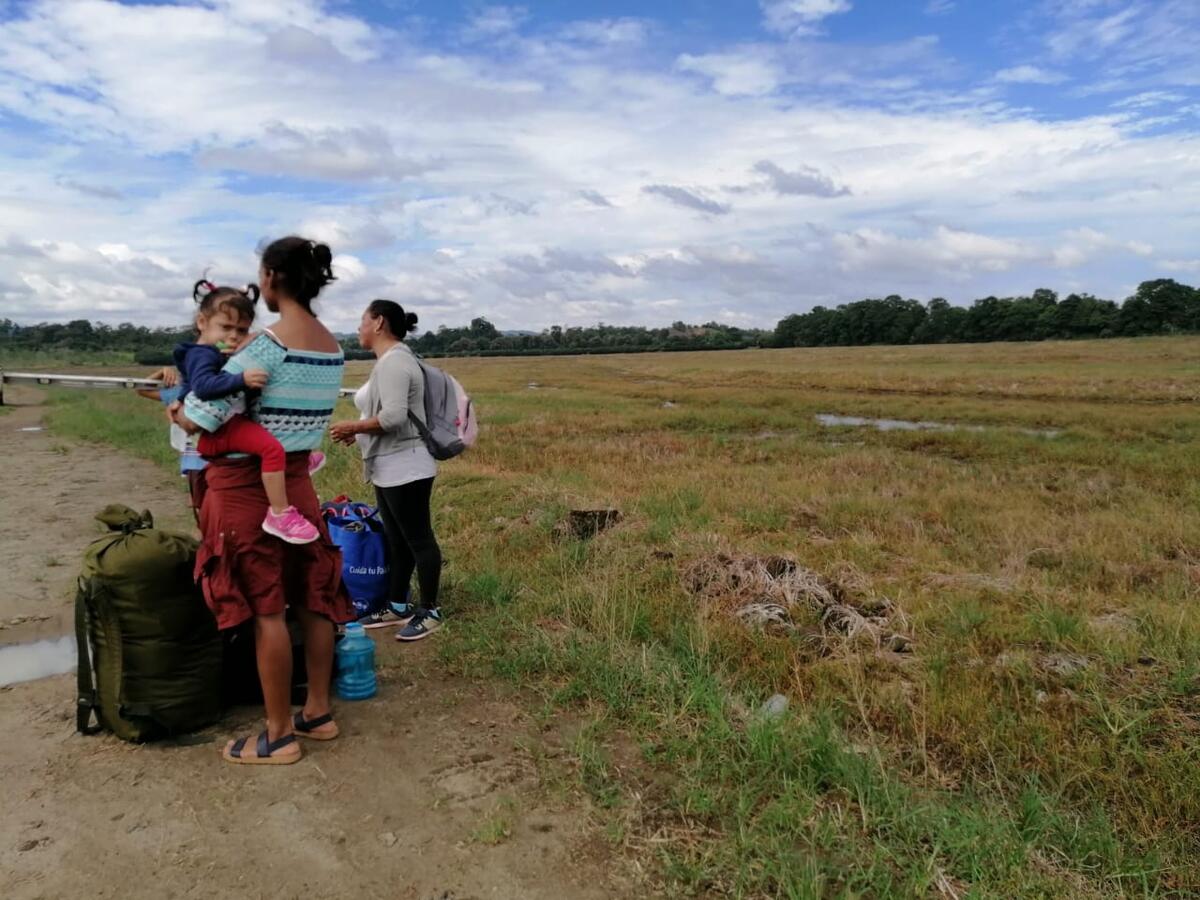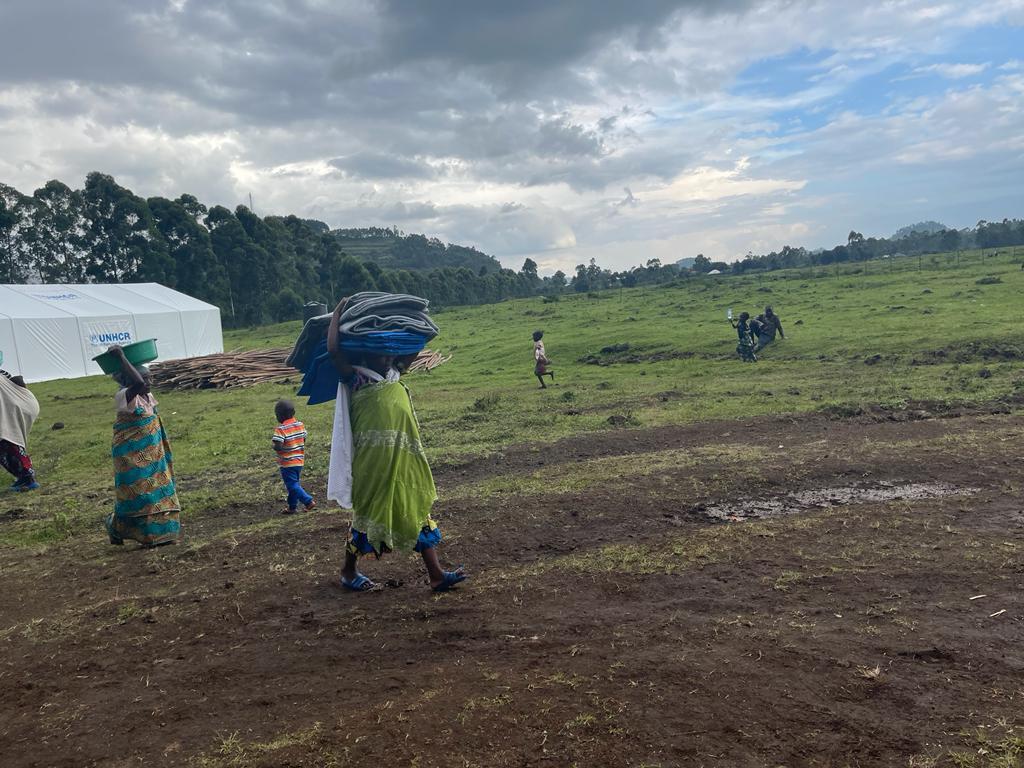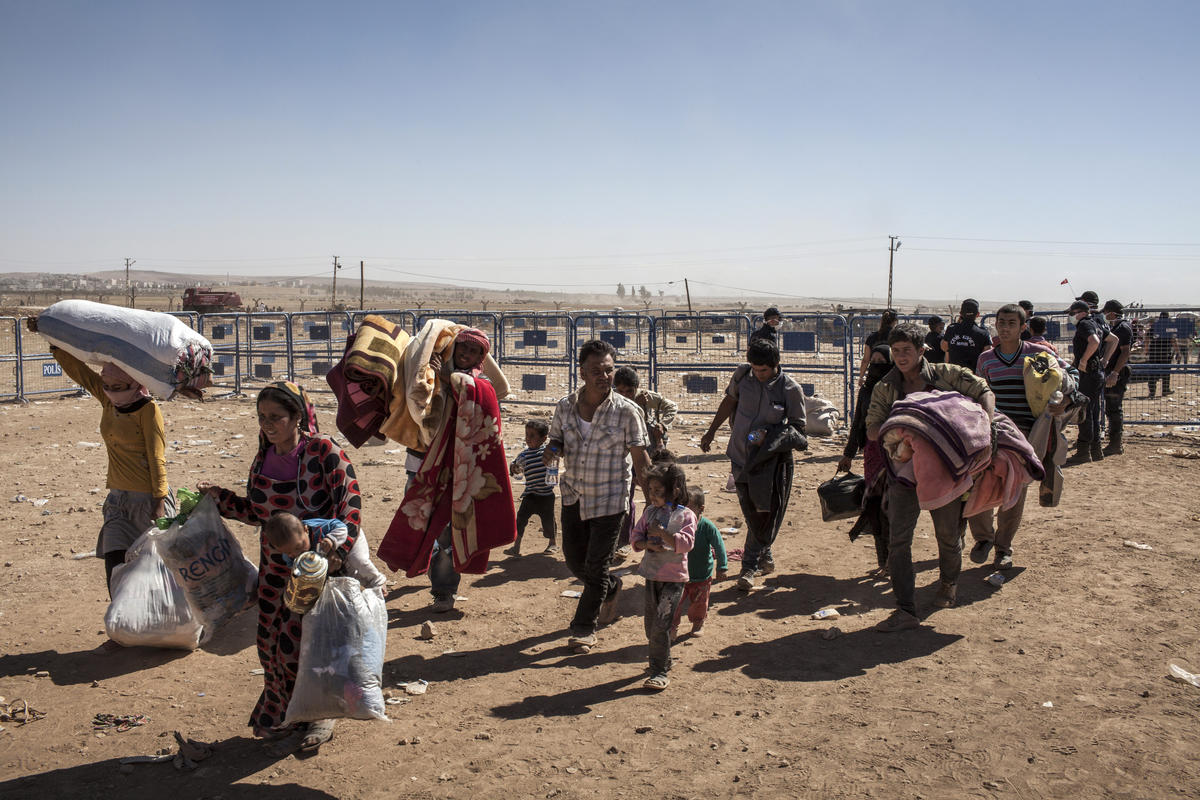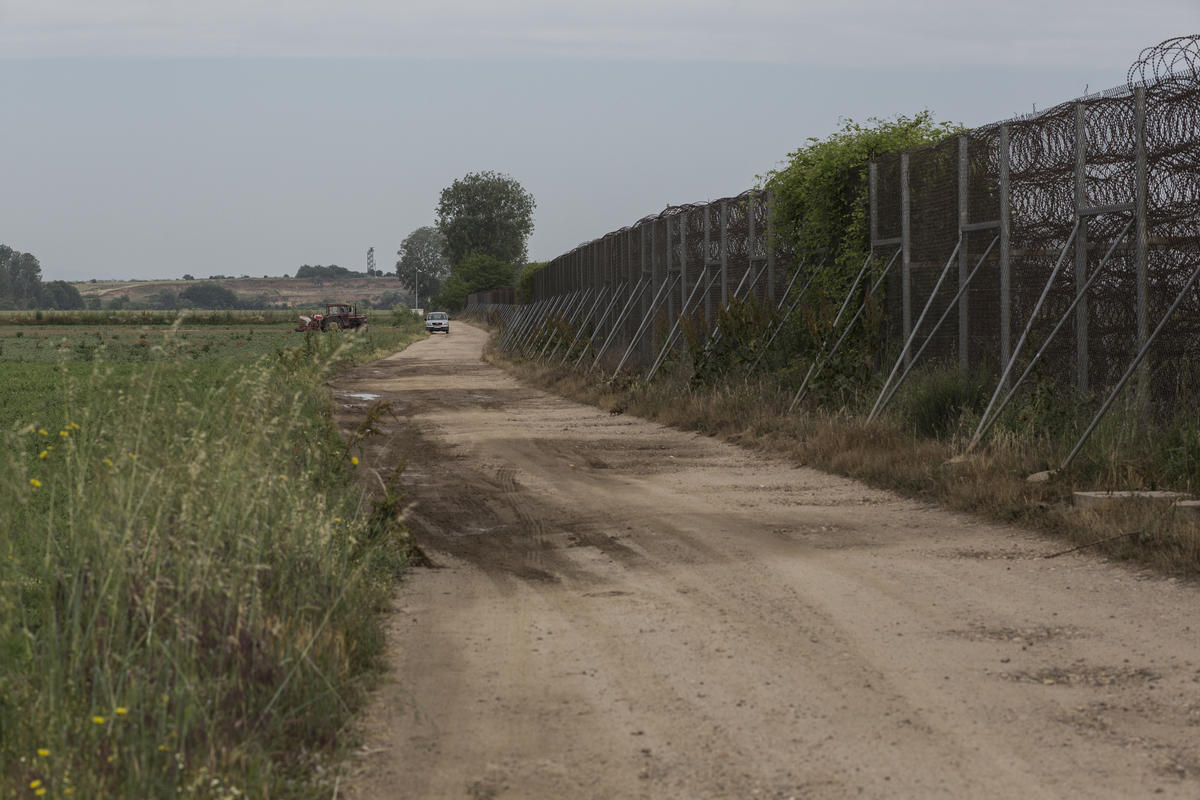Commissions to assess asylum claims in Djibouti, as new deadline nears
Commissions to assess asylum claims in Djibouti, as new deadline nears

DJIBOUTI, Sept 12 (UNHCR) - As a new deadline looms for illegal immigrants to leave Djibouti, the UN refugee agency is to begin training government officials to sit on eligibility commissions that will determine who is entitled to refugee status in the tiny nation in the Horn of Africa.
The commissions - scheduled to start meeting by the end of the month - will examine the cases of the thousands of people who flocked to UNHCR facilities two weeks ago claiming asylum. The UN refugee agency can give technical advice but, as in many other countries, the final determination of who is a refugee, and therefore has a legal right to stay in the country, will be up to the government of Djibouti.
"This part of the process is going very well," said Collins Asare, UNHCR Representative in Djibouti - in contrast to the mob scenes that occurred as the first deadline set by the government for illegal immigrants to leave the country was about to expire. "Real calm has been restored to the transit centre."
The government originally ordered the illegal immigrants, who fill most low-level jobs in the country, to leave by 31 August, citing security and economic concerns. In a last-minute attempt to avoid being expelled from Djibouti, more than 10,000 people - around 3,000 families - thronged a UNHCR transit centre, which had been set up strictly for asylum seekers who had already presented their cases to UNHCR or the government refugee agency.
The government then extended the deadline for illegal immigrants to leave by two weeks to 15 September.
After a quick, initial registration, UNHCR estimates that there are 837 families (totalling 2,800 individuals) in the transit centre at Aour-Aoussa, 86 km from the country's capital, Djibouti City, who have letters attesting that they had already been registered as asylum seekers. Their cases will now be examined individually by the government eligibility commissions which will decide whether or not they qualify as refugees.
In addition, there are some 1,128 families who claim to be from southern Somalia and say it is unsafe to go home. The government of Djibouti agrees that southern Somalis are entitled to enjoy refugee status, but wants them to move to two existing UNHCR camps, Holl-Holl and Ali Addeh. (They had been living on their own in Djibouti City with minimal assistance from UNHCR for health and education.)
Aour-Aoussa is also hosting a further 1,032 families - mainly Ethiopians of Somali origin, and people from north-west Somalia - whose status has not yet been determined.
"Despite all the difficulties of having 10,000 people on our hands at short notice, we are coping well with providing food and other assistance to the people in Aour-Aoussa," said Asare.
UNHCR's policy on repatriation to Somalia differs depending on the region. The agency is promoting return to certain regions that continue to be relatively peaceful and secure. These areas, which have been termed "zones of recovery" by the UN Country team for Somalia, are mainly north of the town of Galcayo. They include north-east Somalia (or Puntland), and north-west Somalia (also known as Somaliland). UNHCR has continued to organise return to these two regions from Ethiopia, Kenya and also from Djibouti. Somalis from these two regions are not automatically given prima facie refugee status, although their asylum claims would still be considered on an individual basis.
The volatile security situation in the rest of Somalia and the lack of a continuous UN presence in southern Somalia has hindered any large-scale return. In line with its return policy, UNHCR facilitates return to these areas (where possible) if individual refugees request such assistance. In general, however, Somalis from the south of the country are given prima facie refugee status.
Both the government and UNHCR agree that people who are clearly not asylum seekers will have to leave the transit centre. "The challenge now," Asare adds, "is to encourage those who are not bona fide asylum seekers to leave the Aour-Aoussa transit centre. This will make it possible for the government to turn its full attention to the refugee status determination procedures through the National Eligibility Commission."



